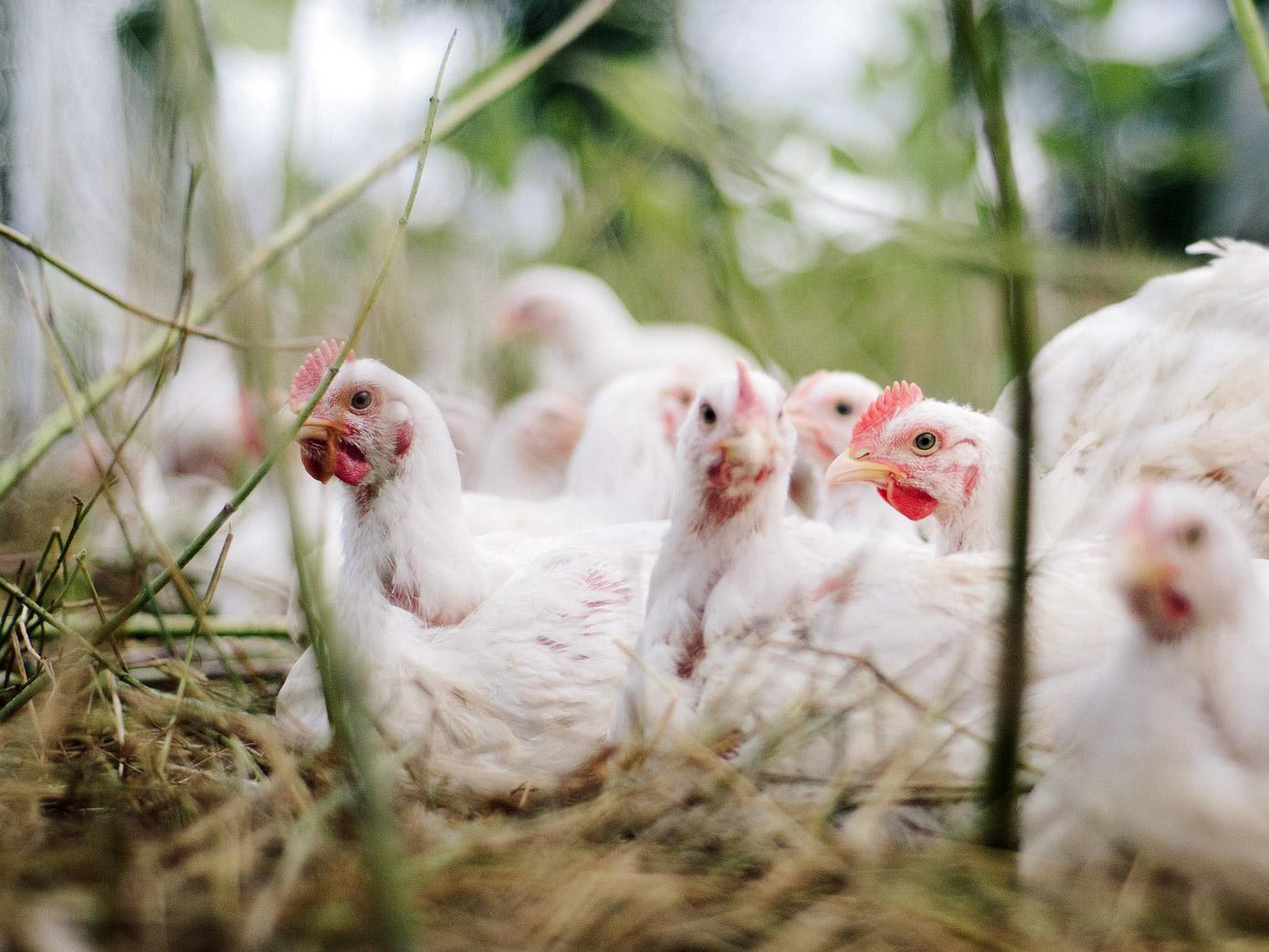Transmission of Salmonella from broiler breeder to progeny

This honours project aims to understand the prevalence of Salmonella in meat type breeder flocks and their progenies.
Meat chickens can become persistently infected with Salmonella during production and shed the bacteria in faeces
intermittently over their productive lifespan.
A number of control measures are widely used to minimise Salmonella loads on farms. These include strict biosecurity, flock management, use of feed supplements such as organic acids and probiotics, cleaning with disinfectants and vaccination of breeders.
It is important to note that none of these control measures provide complete elimination of bacteria. For chicken meat, the greatest risk of contamination occurs during the evisceration process at the abattoir. Birds often experience stress during transport and are shed higher numbers of Salmonella upon arrival at an abattoir. Bacterial loads on carcasses are reduced through a number of processes including scalding and chlorine rinse.
Our hypothesis is that the load of human pathogenic Salmonella in the gut of meat chickens may be further reduced by some dominant Salmonella serovars that can colonise and naturally exclude or reduce the shedding of virulent Salmonella serovars such as Salmonella Typhimurium.
Thus, the main objective of the proposed study is to identify the dominant Salmonella serovars in a meat chicken operation, study the extent of their ability to colonise the gut of meat chickens and investigate whether these dominant serovars are naturally able to reduce the colonisation of human pathogenic Salmonella.
You will be involved to work on investigating the prevalence of Salmonella in broiler breeders and their progenies. We have established protocols for sampling and samples processing.
Supervisors
- Dr Samiullah Khan
- Co-supervisors: Associate Professor Kapil Chousalkar | Dr Andrea McWhorter
- Research area: Molecular microbiology
- Recommended honours enrolment: Honours in Animal Science
